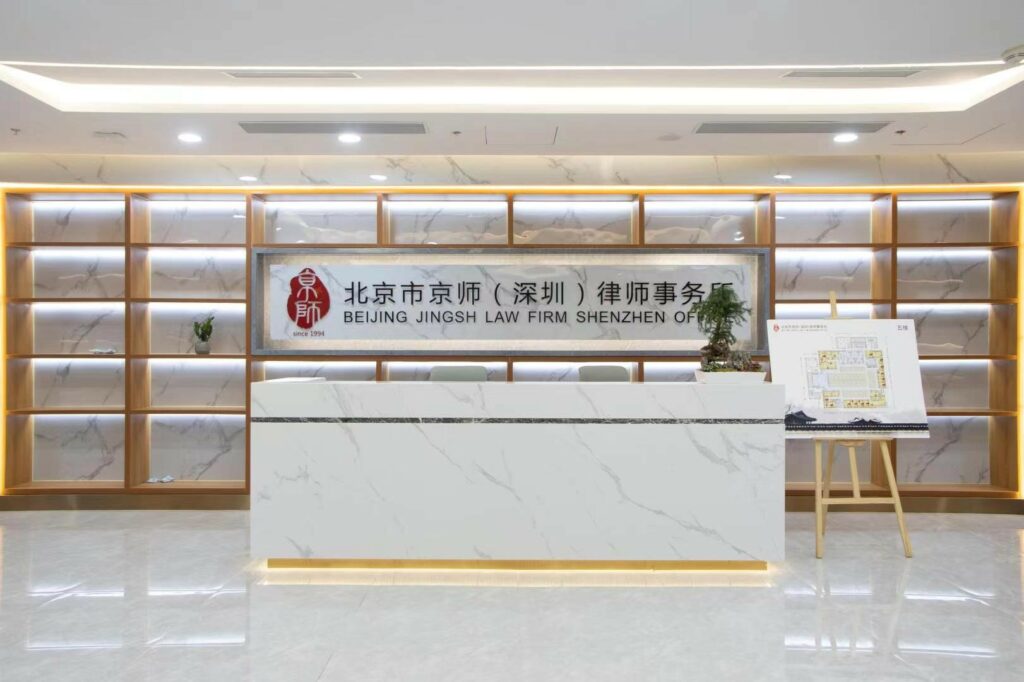
Last weekend, I had the opportunity to participate in the activities of Austcham South China, where I met Anna, an exceptional entrepreneur from Australia who owns factories in China and Hong Kong. During our conversation, we discussed an incident in her company involving a Chinese employee. Due to a restructuring within the company, the position held by this employee became redundant. Having worked for nearly a year, the employee’s contract was due to expire, and Anna decided not to renew it. However, she was surprised to learn that the company was required to provide one month’s compensation to the employee upon contract expiration. Neither her knowledge system nor the personnel and finance management company responsible for her company had informed her about this fee. Anna questioned the rationale behind paying additional fees when the employee’s contract had expired, and why such compensation was necessary. She wondered if the same rule applied to foreign employees and sought guidance on the matter. In this article, we will address these questions and provide an overview of the relevant Chinese labor laws.
According to the “Labor Contract Law,” if the employer fails to maintain or improve the conditions stipulated in the labor contract for contract renewal and the employee does not agree to the renewal, the contract shall be terminated under Article 44, Item 1 of the law. In the case of fixed-term labor contracts, the employer is obligated to provide economic compensation to the employee.
The compensation amount is based on the number of years the employee has worked for the company. The standard is one month’s salary for each full year of service. If the duration of employment is more than six months but less than one year, it is calculated as one year. For employment periods of less than six months, half a month’s wages in economic compensation must be paid. The monthly salary mentioned refers to the average salary earned by the employee in the 12 months preceding the termination or expiration of the labor contract. If the employee has worked for less than 12 months, the average salary is calculated based on the actual number of months worked.
In the case of Anna’s company, they should provide one month’s salary as severance pay to the employee and give 30 days’ advance notice for leave.
However, there are two conditions that need to be fulfilled simultaneously to avoid paying financial compensation:
The employer must maintain or improve the working conditions.
The employee must decline the contract renewal.
Based on this information, we can deduce several consequences or scenarios when a labor contract expires:
The company does not renew the contract:
In cases where the company does not propose to renew the contract, but labor relationship exists between the two parties, the employee may claim double wages, leading to the formation of an open-term labor contract or re-signing.
If the company voluntarily decides not to renew the contract, it must provide economic compensation to the employee.
Employees do not renew their contract:
If the company maintains or improves the working conditions, but the employee declines to sign the contract, the company is not required to pay economic compensation.
If the company lowers labor treatment or other conditions, and the employee disagrees, the company must pay economic compensation.
If the employee declines to sign the contract for personal reasons, the company is not obligated to provide financial compensation.
For foreign employees, the situation differs. Chinese law allows negotiations regarding the resignation conditions of foreign employees. Considering that obtaining a work visa involves an approval process, foreign employees generally do not require payment of compensation upon contract expiration.
To illustrate a real case, we handled the resignation consultation of William, a drilling petroleum engineer from Singapore, during the previous year’s epidemic. Due to travel restrictions caused by the epidemic, he was unable to work on-site in Singapore, and the company stopped paying his salary. With only one month left until the contract expired, the company neither notified him about the contract termination nor paid him his monthly salary on schedule. As a result of repeated salary arrears, William sent a resignation letter in anger to the company’s personnel manager via email. There are two perspectives from which to handle this “resignation.” If it is determined that William resigned voluntarily, there would be no financial compensation involved. However, if the labor contract is terminated, the company would be required to compensate William. Having worked for six years in the drilling company, as a drilling engineer, his salary was substantial, and the compensation for six months’ salary amounted to a significant sum. William sought our consultation, and initially, we provided him with an explanation of the relevant legal regulations, potential monetary amounts, and the required legal procedures. He chose to trust us and initiated the labor arbitration procedure. When we filed the arbitration with the relevant tribunal at the employer’s location, the tribunal supported William’s claim. Consequently, William received his compensation, left China, and returned to Singapore. While this case is unique, it serves as a reminder for companies to manage employees in compliance with legal procedures and Chinese laws and regulations to avoid unexpected costs.
For foreign-invested enterprises setting up and operating in China, adherence to Chinese laws and regulations is crucial to prevent unnecessary expenses. Employees, on the other hand, have the right to protect their interests by leveraging the company’s operational errors through legal means. Hence, we recommend seeking professional advice when dealing with employee turnover or disputes between employees and the company. Our team possesses extensive experience in managing foreign employees. Obtaining professional guidance prior to making decisions can enhance confidence in the decision-making process and help avoid complications.

Writer:
Lylian ZhaoDirector of Import and Export Legal Affairs Department of Beijing Jingsh (Shenzhen) Law Firm, Master of Law. The main professional direction is foreign-related litigation and arbitration, foreign investment and domestic enterprises’ foreign investment legal affairs, and foreign trade legal support.
Phone: 18824679659
Email: [email protected]


